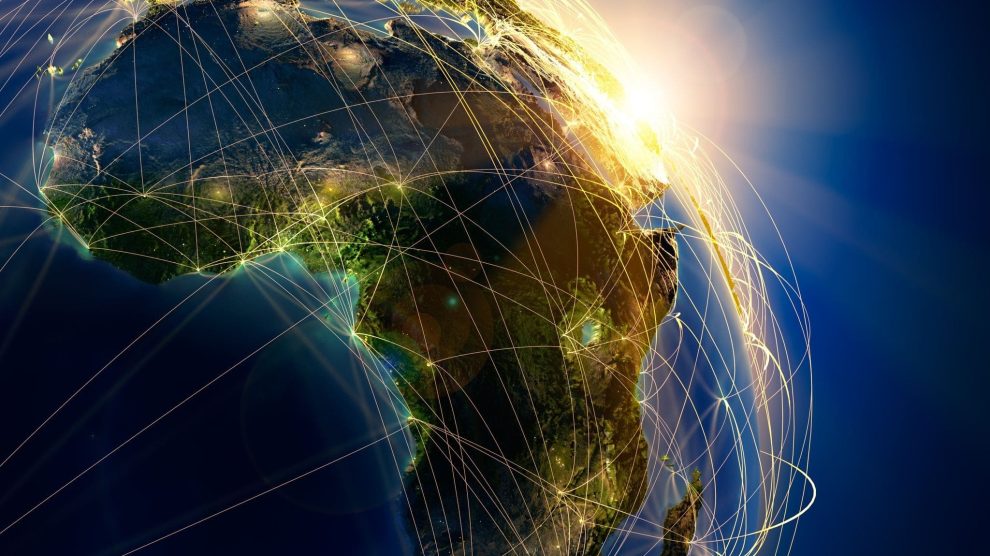Rome’s intelligence is looking South. Parliament’s Intelligence Committee is holding a series of hearings on Africa, our sister website reported. That will provide the basis for a report to be delivered to Parliament in the coming months. And it’s entirely possible a recent series of high-profile hearings with heads of the Italian intelligence community, political leaders and companies working in the continent – which are shrouded in secrecy, as is the norm – also included relevant exchanges of information.
- On Tuesday, Committee members spoke with General Giovanni Caravelli, director of the foreign intelligence service (AISE), for over two hours.
- Over the past weeks, they had a chance to speak with Deputy Prime Minister and Foreign Minister Antonio Tajani.
- They also heard from other members of the intelligence community and representatives from State-participated companies, such as energy giant Eni and global telecoms operator Sparkle, which are active in African nations.
Getting the experts in. In an unprecedented instance, the Committee has also begun working with think tanks to broaden its understanding. Last week, Ambassador Giampiero Massolo, President of the Italian Institute for International Political Studies (ISPI), appeared in front of its members (he has been Secretary-General of the Ministry of Foreign Affairs and director of the DIS, i.e. the structure within the Prime Minister’s office coordinating intelligence research and verifying the activities carried out by AISE and the internal intelligence service, AISI).
- Wednesday, it was the turn of the Italian division of the Aspen Institute, represented by: Marta Dassù, senior advisor for Europe and director of Aspenia; Roberto Menotti, senior advisor for international activities and director of Aspenia online; and Nicola Pedde, senior advisor for Africa and director of the Institute for Global Studies.
- Representatives from other think tanks might be summoned soon. That’s the case for Ambassador Ferdinando Nelli Feroci, President of the International Affairs Institute (IAI) and formerly Italy’s Permanent Representative at the EU, who will be heard next week.
Why Africa is a key priority. The attention of the Committee, currently chaired by former Defence Minister Lorenzo Guerini (Democratic Party), reflects that of the government, which is determined to involve the African Union in next year’s G-7 Summit (which Italy will chair) and bring the Global South to the fore. Multiple factors contribute to making the African continent one of the future’s driving forces.
- According to the World Bank, Africa will dominate the global working-age population, accounting for a third of the world’s total by 2075.
- Its soil also hosts the critical raw materials that are crucial for the greentech and digital transitions and, thus, the future economy.
- On top of this, security issues – local insecurity that fosters migration as well as risks linked to terrorist and jihadist groups – weigh on the continent’s dynamics.
- With its 54 member countries in the United Nations, the continent will have an immense weight at the multilateral level.
- Finally, linked to all these challenges and opportunities, there is the struggle between models – put simplistically, democratic vs autocratic – that is part of the broader competition between the world’s two superpowers, the United States and China.





